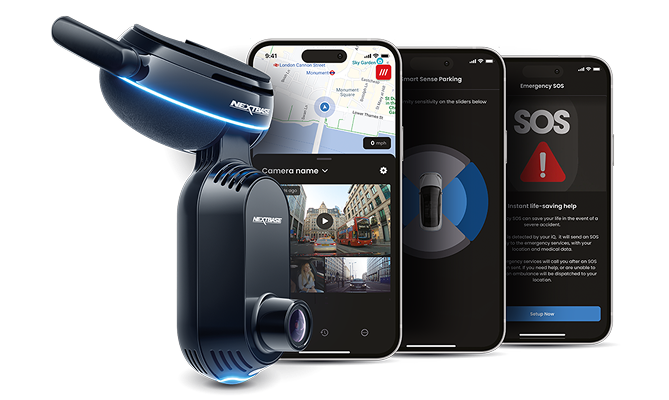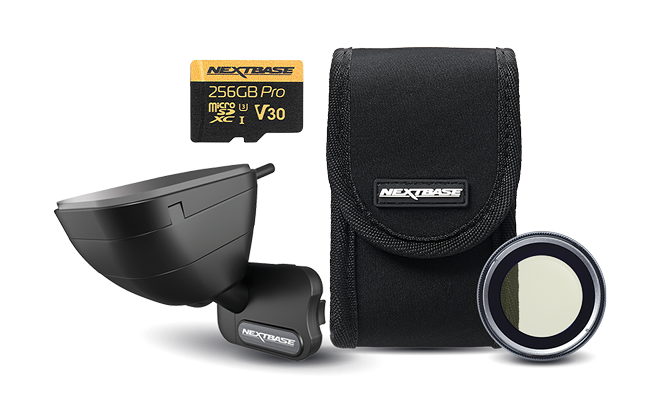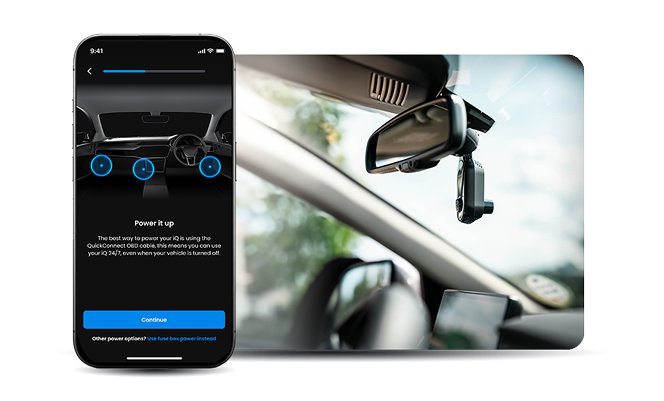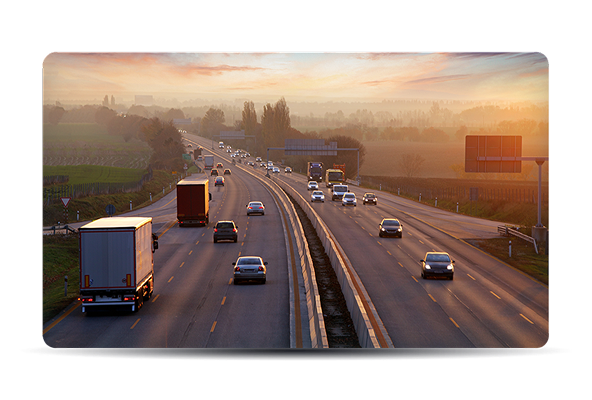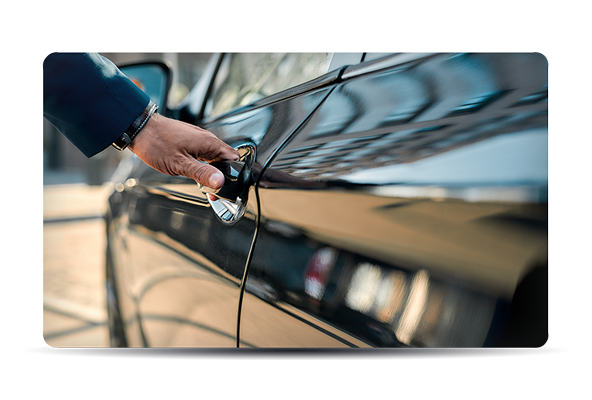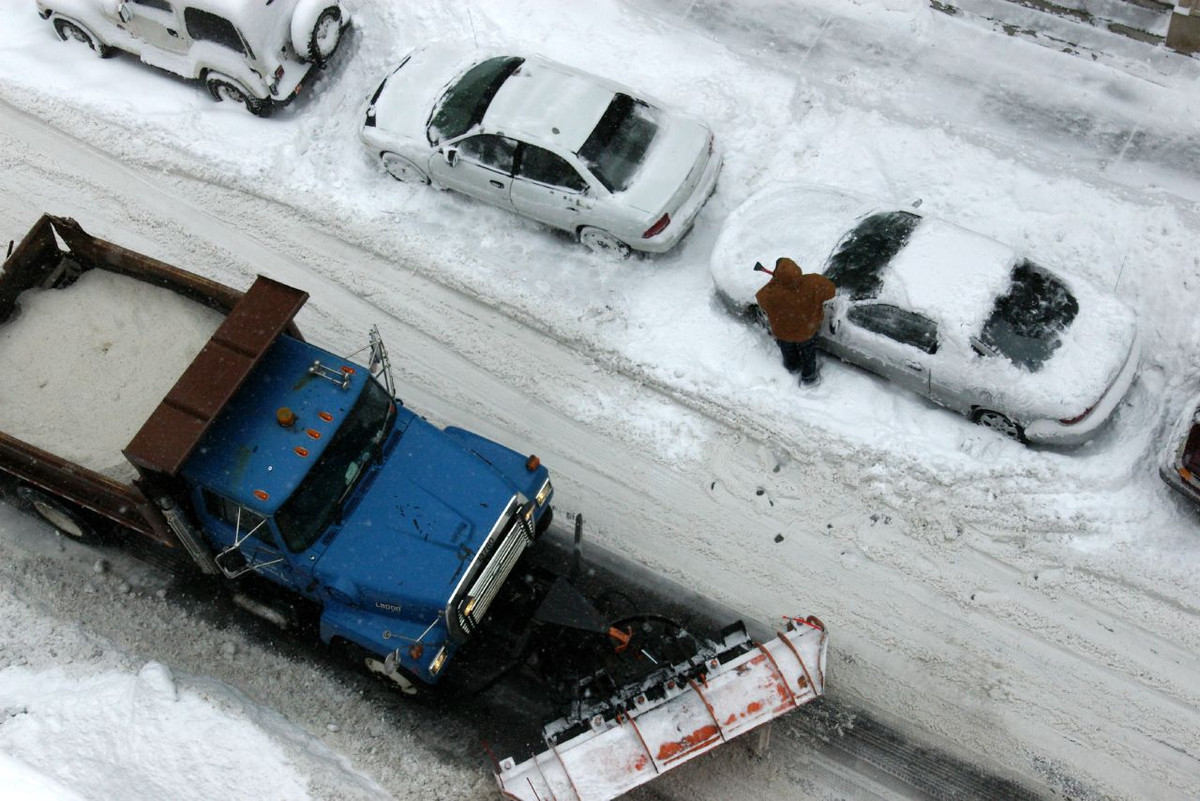David Williams, national motor journalist and road safety award-winner
So it’s finally here. Winter’s blown in over the UK – but did you remember to get your car ready for the onslaught? Or your driving skills?
It’s not all as plain sailing as you might think for drivers. New figures show that in 2014, 12,445 incidents took place on built up roads that were either flooded or wet in the dark – a big 19% increase since 2010. Other figures from the Institute of Advanced Motorists show that additional contributory factors to road incidents that year included snow, sleet, rain or fog – causing 368 fatal or serious incidents. And slippery roads caused 1,279 fatal or serious incidents
“It is clear from the statistics that people need to change their driving behaviour when faced with poor weather conditions and more hours of darkness,” said Sarah Sillars, chief executive officer at the IAM.
“Winter driving needn’t be difficult, and with a few small changes driving in bad weather conditions can be made far safer and more enjoyable. We advise motorists to avoid travelling in severe weather conditions – could you delay that visit to the shops or walk to school instead? But if you do need to travel, prepare properly and read our advice to ensure you and your loved ones are safe.”
Meanwhile, National breakdown cover provider Green Flag says it expects over 900,000 breakdowns on the roads of Britain this winter (December and January), with 510,000 breakdowns expected in December alone. Their research indicates that Brits are most likely to break down in December during the final week with an average of over 105,000 call-outs as vehicles are restarted following the Christmas period.
Specifically, breakdown rates reach their peak as Brits head back to work after the Christmas bank holiday (29th December in 2015) with an average of 43,500 breakdowns – out of the 158,000 expected during the festive period between 24th – 29th December.
With an additional 390,000 breakdowns also expected in January, Brits can expect to suffer most during the third week of the month with over 110,000 breakdowns whilst an estimated 18,000 breakdowns are expected on Monday January 4 as commuters head back to work after the New Year bank holiday.
But what are the causes? It’s gloomy news for those who haven’t carried out a few basic, winter checks on their cars. Drained batteries are the most common cause of breakdown during the winter with vehicles being left unused in the cold for extended periods of time as Brits spend time with their families.
So to ensure you’re fully prepared for the winter weather, ahead, here are some basic tips from Green Flag, which you should think about before setting off on any journey.
Carefully check your tyres – ensure they are correctly inflated with the correct tread. In cold weather, tyre pressure drops, so make sure they are inflated to the vehicle manufacturer’s recommended pressure.
Double check that all vehicle lights – including your brake lights, which are vital – are working. Also be sure to check the oil level is topped up and apply antifreeze to keep the engine’s cooling system from freezing. Run the car engine or take it for a short drive over the Christmas break to recharge the battery, if necessary.
It can all become very boring. But not as boring as sitting at the roadside in the cold and dark, staring down the road as you search for the welcome lights of the rescue truck….


